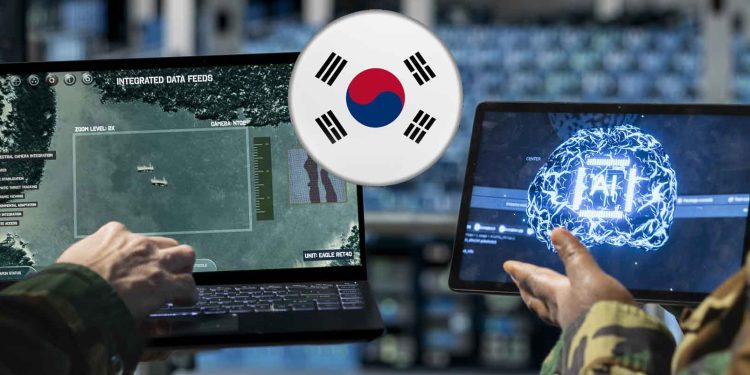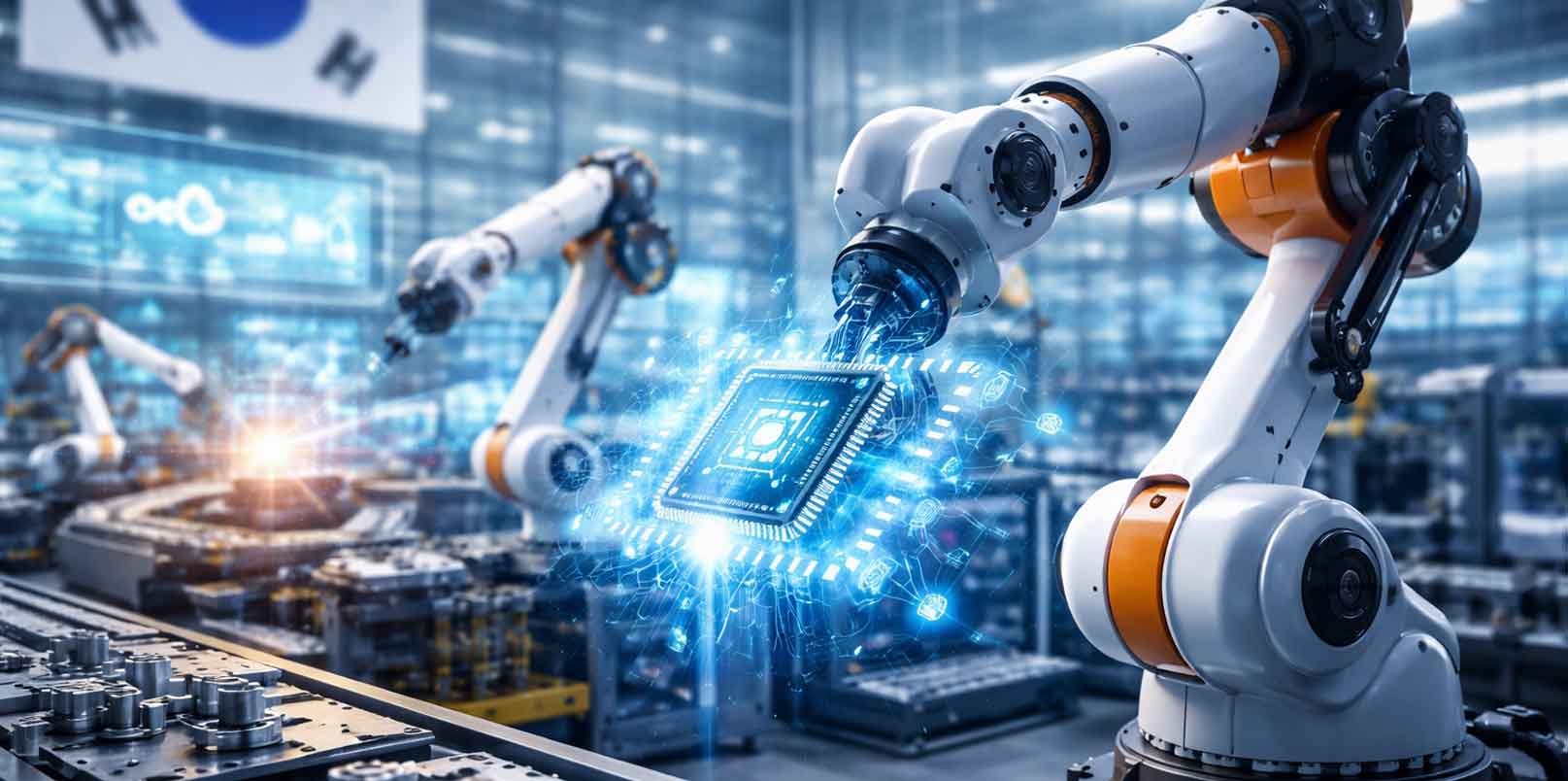As global defense innovation shifts toward agile, AI-driven technologies, Korea is charting a new path to ensure its startups play a central role. The government’s latest K-Defense startup strategy signals a turning point—where deep tech, dual-use innovation, and national security intersect—positioning Korean startups to compete not only in global markets but in the next frontier of defense technology itself.
Korea Launches K-Defense Startup Strategy to Strengthen Dual-Use Innovation
South Korea is introducing a new national strategy to foster K-Defense startups as part of a broader plan to transform its industrial and technological base.
The Ministry of SMEs and Startups (MSS) announced that it held a Defense Startup Roundtable on October 16, 2025, in Seoul, aimed at expanding startup participation in the defense sector and accelerating dual-use innovation that bridges civilian and military technologies.
The initiative reflects the government’s recognition that future defense competitiveness will increasingly depend on AI, drones, robotics, and autonomous systems, where startups are already driving breakthroughs globally.
Lessons from Anduril and the Rise of Defense-Tech Startups
The move comes as global defense ecosystems undergo rapid transformation. The United States, Europe, and other advanced economies are already witnessing the rise of agile defense innovators such as Anduril Industries, a drone and AI defense company founded in 2017 and now valued at over KRW 40 trillion (USD 29 billion).
Similar players, including AI tactical systems startup Helsing, have achieved valuations exceeding KRW 17 trillion (USD 12 billion), signaling how technology ventures are overtaking traditional defense contractors in investment and innovation capacity.
Recognizing this trend, the Korean government is aligning its industrial innovation policy with these global developments. By bridging defense, deep tech, and manufacturing, Korea aims to create a new growth pillar anchored in AI-driven, autonomous, and export-ready defense solutions.
Minister Han Seong-sook: “Korea Must Nurture Defense Startups as Global Innovators”
At the roundtable, Minister Han Seong-sook of the Ministry of SMEs and Startups (MSS) emphasized the urgency of supporting startups capable of bridging defense and civilian markets,
“In the United States and Europe, innovative startups have already attracted investment that surpasses the market capitalization of major defense firms.
We will foster startups that connect civilian and defense applications in AI, drones, and robotics to drive Korea’s next wave of industrial competitiveness.”
Startup leaders attending the meeting urged the government to focus on three main priorities:
- Opening more entry points for startups into defense projects.
- Expanding financial and policy support for defense-specialized ventures.
- Promoting open innovation and collaboration within the defense ecosystem.
The MSS stated that it will reflect the startups’ policy suggestions in future discussions on defense innovation and support programs.
Korea’s Defense-Tech Ecosystem Gains New Momentum
The initiative marks a strategic evolution in Korea’s industrial policy. For decades, national defense production has been concentrated among large corporations and conglomerates. But as the digital battlefield evolves, data-driven defense systems and smart weapon platforms demand smaller, more agile players that can experiment quickly and deliver advanced solutions.
Startups are uniquely positioned to meet these needs. By applying AI, sensor technology, and autonomous system engineering, they can contribute to areas such as surveillance, logistics automation, predictive maintenance, and command analytics.
Through the new K-Defense framework, the MSS seeks to integrate these startups into national supply chains while fostering a competitive, export-oriented defense innovation ecosystem.
K-Defense Startup Strategy: Opportunities for Startups and Investors
The K-Defense startup strategy creates a new layer of opportunity within Korea’s already dynamic startup ecosystem.
Startups in AI, robotics, advanced manufacturing, and materials engineering can now diversify into the defense sectors supported by government-backed programs that focus on R&D funding, pilot projects, and co-development with industry primes.
Investors, both domestic and foreign, are expected to find an emerging high-tech growth category with strong state backing. It also strengthens Korea’s position as a regional defense innovation hub, linking its technology ecosystem with global partners in the United States, Europe, and Southeast Asia.
By emphasizing dual-use innovation, the initiative aims to prevent technology silos and instead create synergy between commercial and defense applications—an approach that could enhance both national competitiveness and startup scalability.
Redefining Future of Korea’s Defense and Innovation Policy
In the end, Korea’s K-Defense startup strategy represents a structural shift in the country’s innovation philosophy. The focus on dual-use technology, cross-sector collaboration, and startup agility positions Korea to move beyond being a fast follower toward becoming the first among pioneers in defense innovation.
As Minister Han noted, the next generation of defense competitiveness will depend not only on advanced weapons but also on AI ecosystems, autonomous technologies, and startup-driven creativity.
If implemented effectively, this initiative could transform Korea’s defense industry into a globally networked innovation hub, empowering startups to lead the next phase of industrial and security advancement in the Asia-Pacific region.
🤝 Looking to connect with verified Korean companies building globally?
Explore curated company profiles and request direct introductions through beSUCCESS Connect.
– Stay Ahead in Korea’s Startup Scene –
Get real-time insights, funding updates, and policy shifts shaping Korea’s innovation ecosystem.
➡️ Follow KoreaTechDesk on LinkedIn, X (Twitter), Threads, Bluesky, Telegram, Facebook, and WhatsApp Channel.





